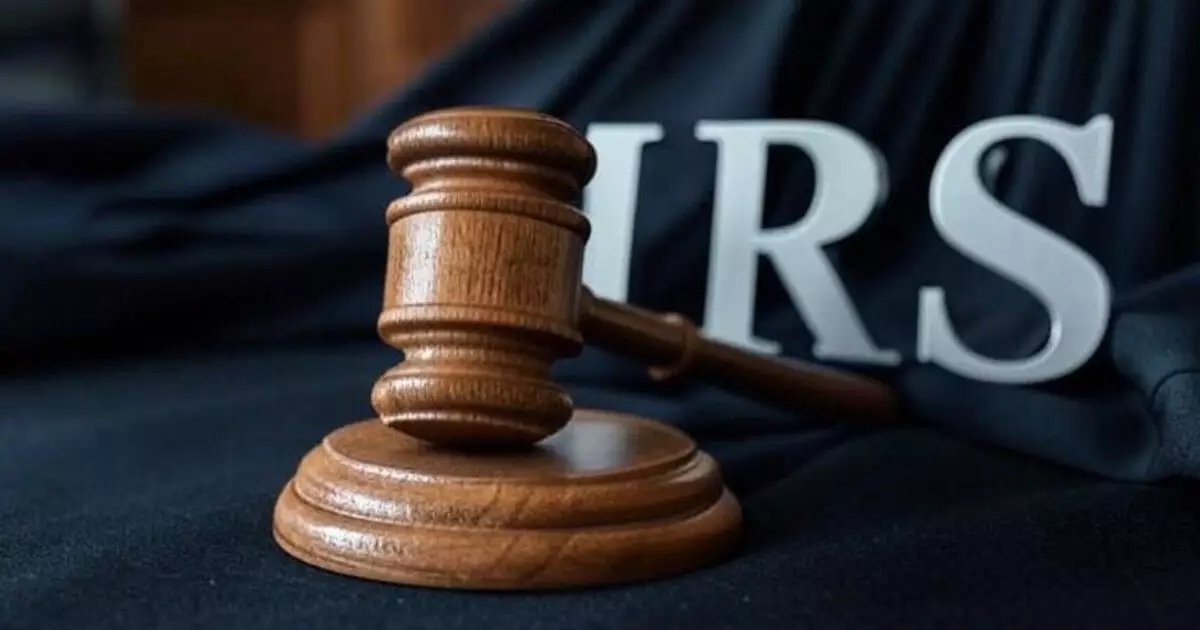The recent pushback from A16z Crypto, a prominent venture capital firm heavily invested in blockchain technology, underscores significant tensions between the digital asset ecosystem and regulatory bodies in the United States. Michele Korver, the head of regulation at A16z Crypto, articulated this opposition in a recent post, revealing support for a lawsuit brought forth by several digital asset advocacy organizations. These groups include the Blockchain Association, the DeFi Education Fund, and the Texas Blockchain Council, all of whom are united in their assertion that the new broker rules introduced by the IRS and the Treasury Department pose a lethal threat to the future of decentralized finance (DeFi) in the U.S.
At the core of A16z’s argument is the belief that the recent regulatory changes signal an overreach that could fundamentally alter the landscape of the blockchain industry. The DeFi Education Fund has boldly stated that the new regulations could effectively serve as a de facto ban on DeFi. By attempting to categorize digital asset service providers under traditional financial regulations, these new rules are seen as stifling innovation and imposing overly burdensome compliance requirements. Particularly alarming is the assertion that these measures infringe upon statutory authority and violate the Administrative Procedure Act (APA), potentially rendering them unconstitutional.
A16z Crypto’s involvement in supporting this legal challenge indicates a broader philosophical stance—that DeFi, with its potential to democratize finance and offer greater inclusivity, should be nurtured, not hindered. Korver emphasized this viewpoint by highlighting DeFi’s aim to create consumer-centric financial systems that promote efficiency over antiquated, centralized models. The firm’s commitment to defending these principles through legal action illustrates a proactive approach to safeguarding the innovations that have emerged in the blockchain space.
Reinforcing A16z’s position, influential figures within the cryptocurrency community have also expressed stark opposition to the recent regulatory framework. For instance, Hayden Adams, the founder of Uniswap, has voiced critical concerns, suggesting that these regulations appear to be a strategic maneuver to curtail the progress of DeFi, particularly as the current administration nears its end. This sentiment resonates across a diverse spectrum of stakeholders who fear that restrictive regulation will stifle the creativity and growth that characterize the blockchain landscape.
As the legal challenge unfolds and the debate over DeFi regulation intensifies, the outcomes could set significant precedents for the future of digital finance in the United States. A16z Crypto’s assertion of ongoing advocacy for DeFi indicates that the firm is prepared to engage in a multi-faceted approach—including litigation and legislative advocacy—to fight for the advancement of decentralized finance. The stakes are high, as the decisions made by regulators in the coming months will likely shape the trajectory of innovation in the U.S. blockchain ecosystem for years to come.
In this fray of innovation versus regulation, the survival of DeFi principles and practices may well depend on the success of these legal initiatives and the political will to support a burgeoning industry poised to redefine the future of finance.















